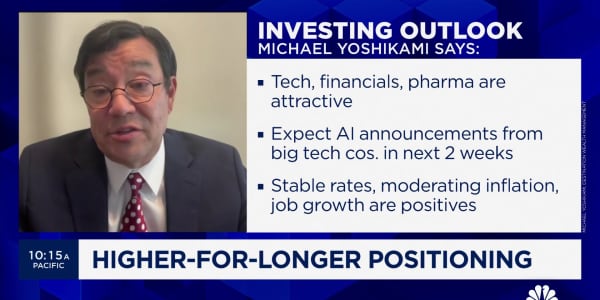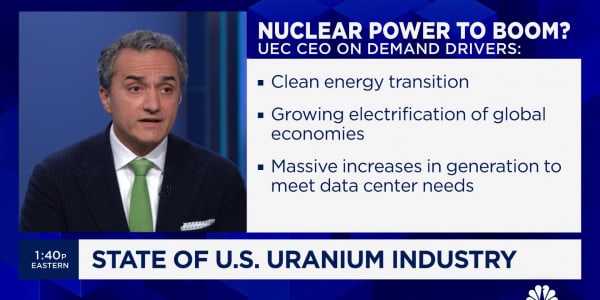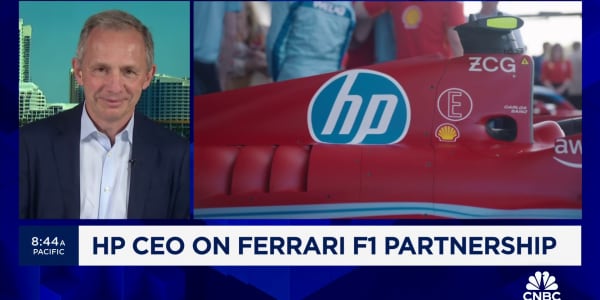The smart money has a warning for investors: Taking on more risk in the markets, especially in company debt, could cause big losses soon.
"Going out on the risk spectrum in today's environment seems like an awfully, awfully, dangerous thing to do," Joshua Friedman, co-founder and co-CEO of $23 billion hedge fund firm Canyon Partners, said Monday at the Milken Institute Global Conference in Los Angeles.
Friedman, an expert on investing in bonds and companies in financial distress, noted several "credit bubbles in the system" including high-yield and bank debt.
"It's clear that we have an overshoot in credit," he added, referencing the high amount of lending to companies that has taken place since the financial crisis.
Investors like Friedman, who make the most money when companies are in trouble and need cash, have had relatively little to invest in given years of markets gaining in value.
"That's where all of us probably agree the opportunity is: When it goes down, you have to buy whatever you can," Carey Lathrop, head of global credit markets at Citi, said, speaking alongside Friedman and other hedge and private equity fund investors.
Read MoreBlackstoneCEO: Housing makes a 'good investment'
Indeed, investors who manage huge pools of private capital have so much money saved up they almost can't wait for the markets to fall.
The problem, according to Apollo Global Management's Joshua Harris, is there may not be a broad selloff of assets like in 2008, making post-crash investing opportunities more difficult to find.
"I don't unfortunately believe it's going to be that simple this time around. You're going to have to be much smarter and opportunistic about how you play industries, regions and other things," the $160 billion private equity firm's co-founder said on the same panel that focused on investing in companies in financial trouble. "I don't think you're going to have this broad-based pullback."
The good news, Harris said, is that a 2008-type market crash is less likely given all the large investors waiting to jump in.
"There's many more institutional players. They sort of sit there and they wait for any opportunity," Harris explained, giving the example of investing in energy following the drop in oil prices. "The plus side is that the system won't really break down like it did in '08."
The big question is when financial markets will provide at least some opportunity.
"I think we have at least two years left in this central bank-supported risk-on run," said Alexander Friedman, CEO of $129 billion asset manager GAM.
Read MoreThe market double whammy investors fear most
Friedman noted that "there really isn't an alternative right now" to investing in relatively risky assets like stocks versus low-yielding instruments like government bonds.
The panelists seemed to agree on being cautious for now so that they can buy when prices are more reasonable, especially for bonds.
"I think sometimes the best thing to do is know that eventually all of these unnatural built-up build ups ... will have an adjustment," said Joshua Friedman of Canyon. "Rather than spend too much time predicting when they will happen, maybe it's better to just prepare."






